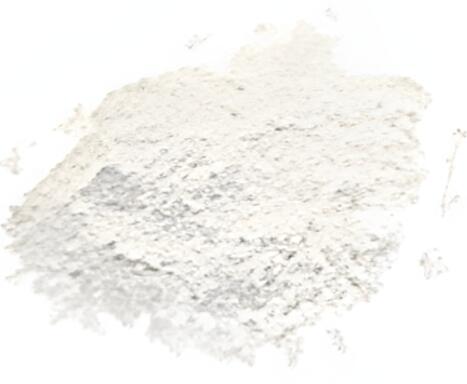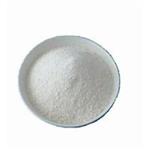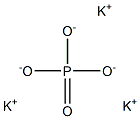Potassium Phosphate Tribasic: Diverse Applications, Preparation Method and Side Effects
Potassium phosphate tribasic is colourless or white, odourless hygroscopic crystal or granule, it can be used as a food additive or to form buffer solutions in water.

Diverse Applications
Potassium phosphate tribasic is a reagent with a very high buffering capacity. It is widely used in molecular biology, biochemistry, and chromatography, used for the extraction of keratohyalin protein from bovine tissue, to study the effects of freezing and thawing on the stability of proteins sensitive to conformational changes. It is used as a food additive for its properties as an emulsifier, foaming agent, and whipping agent.
Preparation Method
A Potassium phosphate tribasic product is prepared by directly reacting urea phosphate and potassium hydroxide according to a molar ratio of 1: 2.95-3.05 for 30-60 min at a reaction temperature of 40-80 DEG C, with stirring at a stirring speed of 30 r/min. The tripotassium phosphate product is prepared by directly reacting urea phosphate and potassium hydroxide, so that the whole process has no requirements for high energy consumption; raw materials can be obtained relatively easily; a process route is short and simple; and production cost of tripotassium phosphate is reduced.
Side Effects
Phosphates are normal essential salts for the body. In view of the need to avoid calcium deficiency, potassium phosphate tribasic's use is limited, as they bind up calcium readily.
You may like
Lastest Price from Potassium phosphate tribasic manufacturers

US $1200.00-1100.00/ton2025-09-24
- CAS:
- 7778-53-2
- Min. Order:
- 1ton
- Purity:
- 99%
- Supply Ability:
- 1000T/M

US $6.00/kg2025-04-21
- CAS:
- 7778-53-2
- Min. Order:
- 1kg
- Purity:
- 99%
- Supply Ability:
- 2000KG/Month


